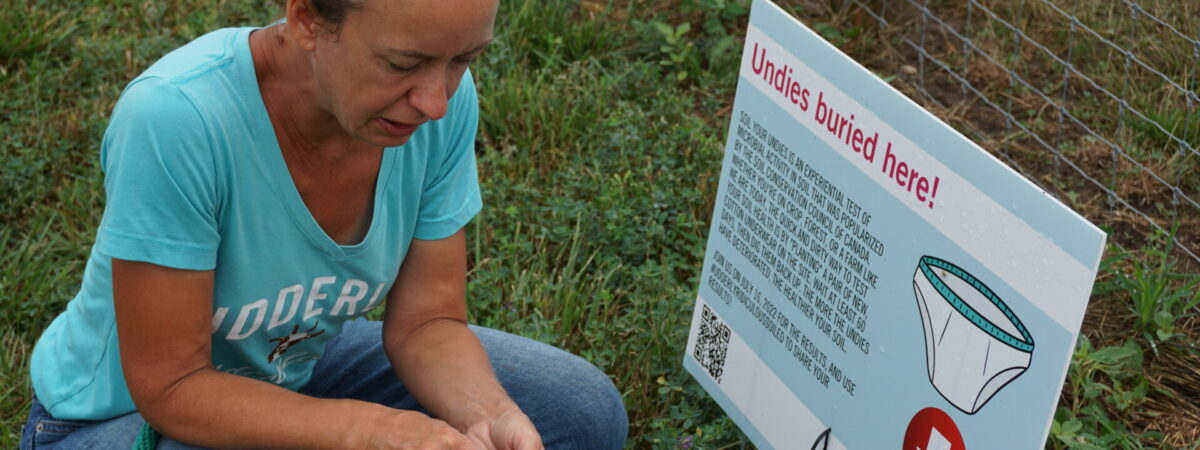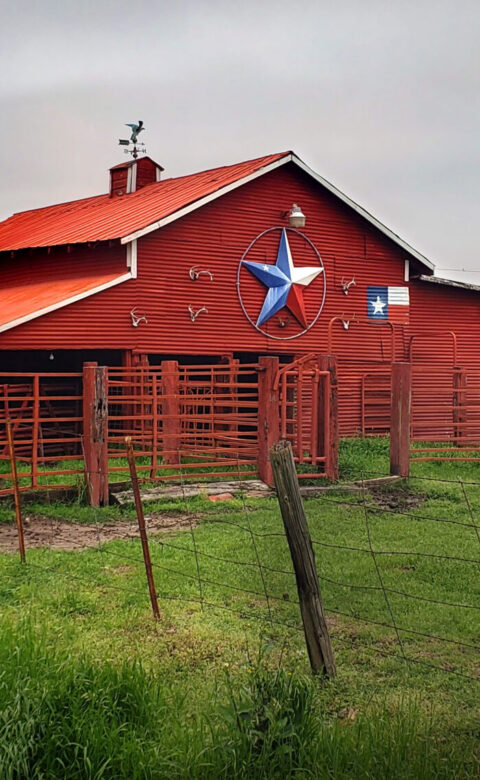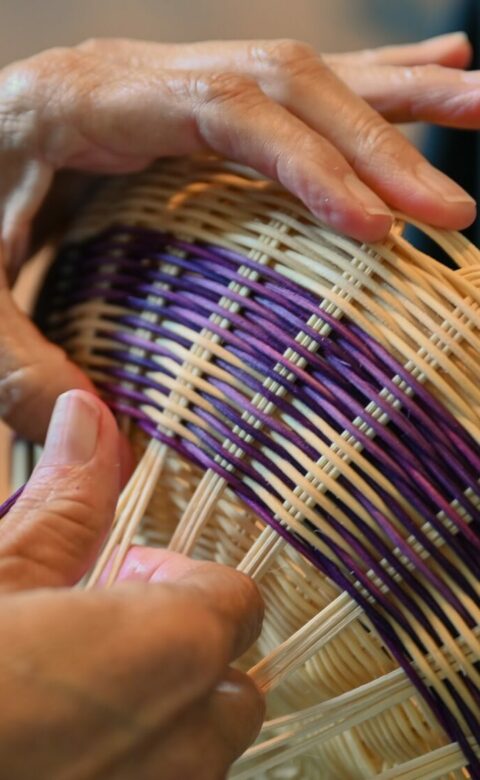Featuring delightful experiences from meeting adorable animals to tasting homemade treats, the Udderly Ridiculous “Taste of Farm Life” programme is the first opportunity many visitors will have to talk with a farmer.
The first time I met Cheryl Haskett, she handed me a plastic bag containing a new pair of underpants. “Hold this,” she said, and grabbed a spade to start digging something out of the ground. It was another pair of underpants; but these briefs were absolutely shredded, the fabric barely intact. It was a bold demonstration of the power of healthy soil, the microbes making quick work of the cotton fabric.
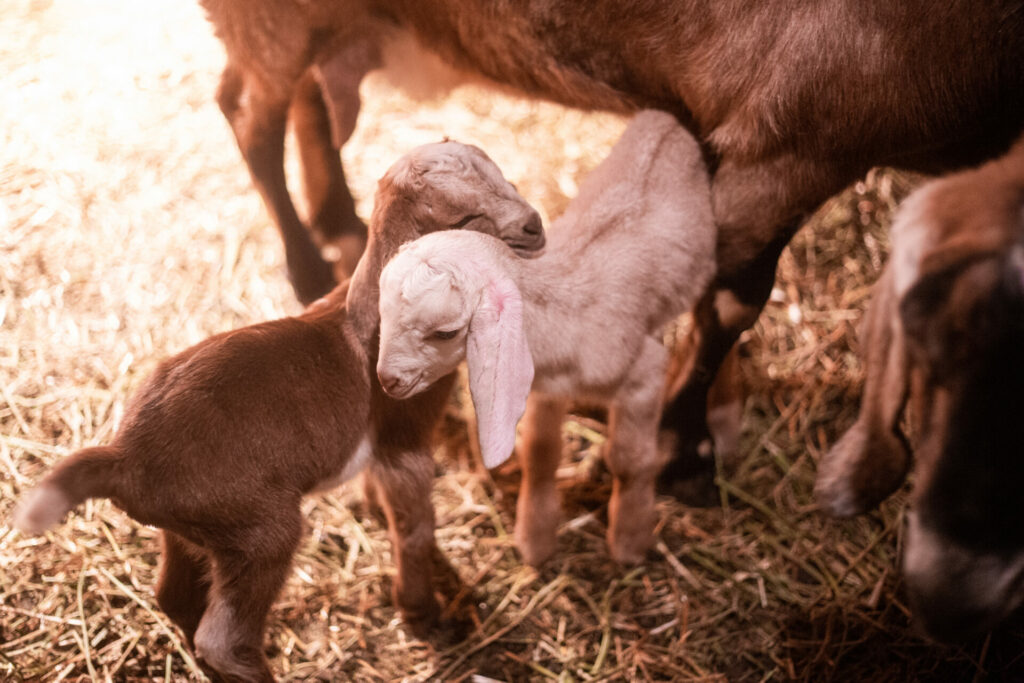
Haskett is the force behind Udderly Ridiculous Farm Life, an alpaca and goat farm in the tiny community of Bright, located in Oxford County, southern Ontario, Canada. Her engaging agritourism programme is changing how visitors understand agriculture and the undies experiment is just the beginning. Udderly Ridiculous’ lineup includes cuddling baby goats, hiking with alpacas, and sampling homemade ice cream. Underneath all the fun are serious messages about biodiversity, the challenges of modern farming, and the power of community.
Haskett came to farming relatively late in life. This former city girl used to be a corporate facilitator and she met her husband Greg while designing a programme for farmers. His family property (which consists of two plots of 100 acres and 85 acres respectively) was originally a mixed-use farm before transitioning to dairy in 2010. Today, their third-generation enterprise includes 1500 dairy goats, 30 chickens, 26 miniature goats, 15 alpacas, four Highland cows, and one llama (plus farm dog Aspen and farm cat Abby). Haskett is passionate about showing visitors how vital family-based farms are to community health and that means sharing both the fun and frustrating sides of her industry.
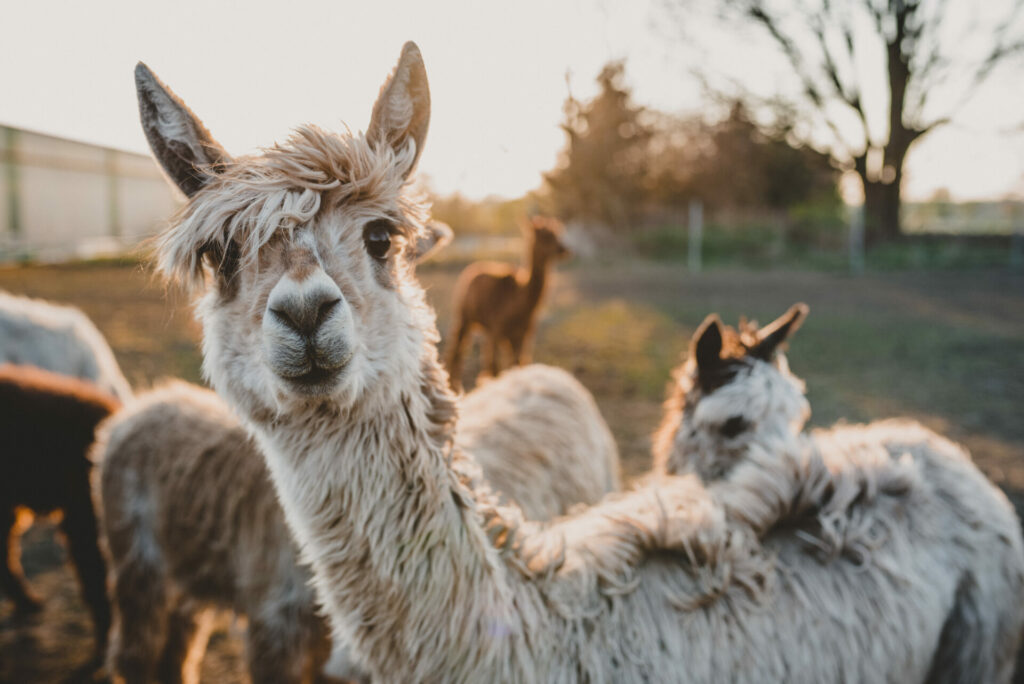
For many visitors, Udderly Ridiculous’ “Taste of Farm Life” programme is the first opportunity they’ve had to talk with a farmer. No questions are off-limits or unwelcome. During our trek around the farm with the alpacas (I walked with Stanley, a sassy chocolate brown stunner described as the “bad boy” of the group), I asked Haskett about how her life had changed in the 12-plus years she has lived on the farm. She conceded that she misses regular paycheques and weekends off but was quick to point out that farming brings other rewards. As she says: “You don’t have to be successful financially to give back to the community”. From the beginning, Udderly Ridiculous has been an active supporter of programmes for domestic violence survivors. Their efforts include hosting a “Wreck the Dress” fundraiser which invites participants to don their old wedding dresses and cause absolute mayhem with the farm’s mud, all in the name of charity. Haskett reports: “We are so thrilled for this event – we were able to raise over $5000 (CAD) for the scholarship fund which was great since it was the first year getting it started and getting the word out.”
While the region appears to be thriving, Haskett told me that her community is deeply concerned about how to protect family farms in a rapidly changing agricultural landscape, saying: “We are losing 319 acres of farmland every day in Canada.” Oxford County and its neighbours were once powerhouses in the Canadian farm economy. However, changing climate and economic conditions have made family farming a less viable option than it once was and corporate farms are gaining dominance.

Bringing tourism programs into the mix is making a big difference in the region. Meredith Maywood from Tourism Oxford reports: “Creative agritourism products like Udderly Ridiculous Farm Life are a win for the destination and a win for the visitor. As a destination, we are supporting diversification on local farms providing new revenue streams while celebrating our authentic selves. Visitors get a chance to connect with their farmer, their food, and themselves through immersive experiences providing an opportunity to slow down and be in the moment.”
Haskett’s efforts to combine farming, eco-education and tourism reflect a bigger movement underway in her area. Her farm is part of the Oxford County Cheese Trail, a self-guided route that includes dairy producers, cheese makers, museums, restaurants, farms, craftspeople, and even a chocolate maker. Haskett reports that being a part of the Cheese Trail has been invaluable, stressing that the participants talk about each other’s work with their visitors, raising the profile of all participants and building community spirit.

